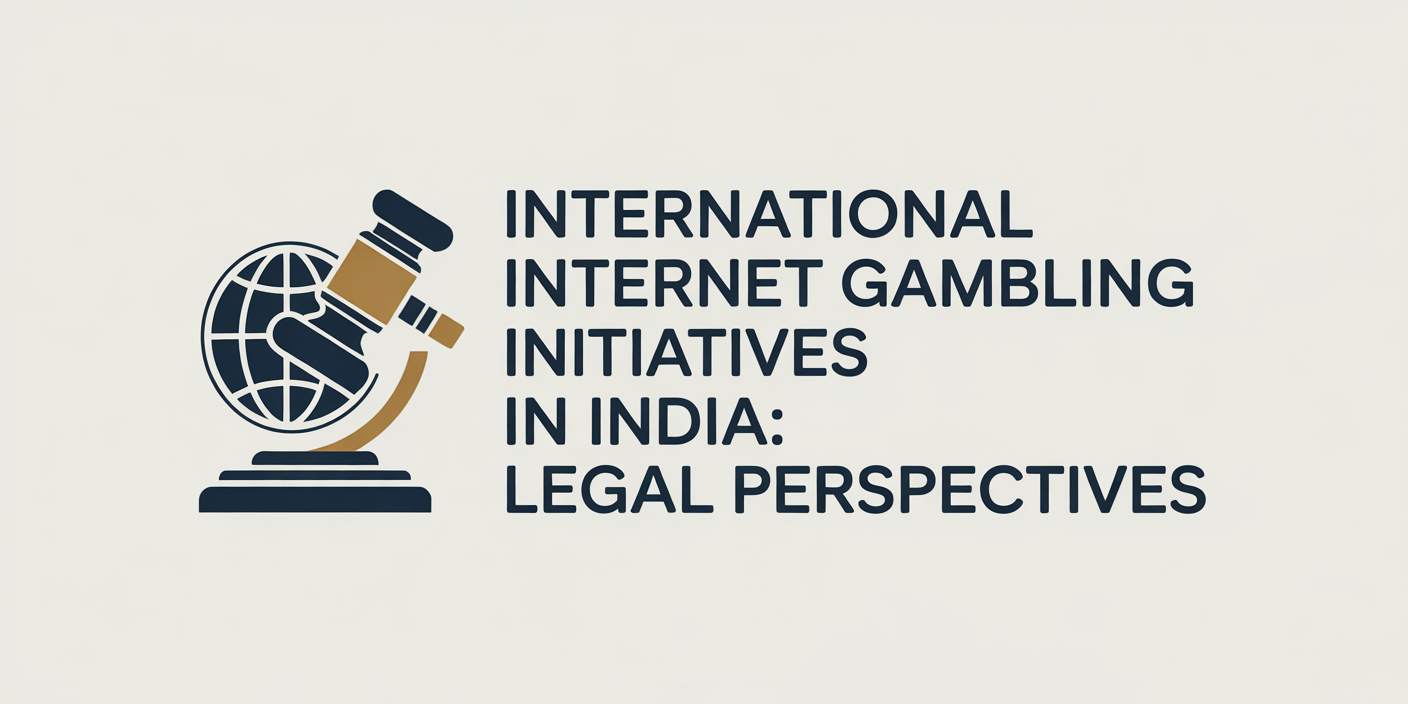- Casinos Online
- Bonos
- Juegos
- Paises
- Pago
- Software
- 1X2gaming
- 2 By 2 Gaming
- 888 Holdings
- Ainsworth Gaming Technology
- Amatic Industries
- Amaya Gaming
- Aristocrat
- Betsoft Gaming
- Booming Games
- ELK Studios
- Endorphina
- Evolution Gaming
- Ezugi
- GameArt
- Gamesys
- Gaming1
- Genesis Gaming
- IGT
- iSoftBet
- Leander Games
- Lightning Box
- Merkur Gaming
- MGA
- Microgaming
- Net Entertainment
- NextGen Gaming
- Novomatic
- NYX Interactive
- Play'n GO
- Playson
- Playtech
- Pragmatic Play
- Quickspin
- Rabcat
- Real Time Gaming
- Rival
- Thunderkick
- Top Game
- WMS
- Yggdrasil Gaming
International Internet Gambling Initiatives in India: Legal Perspectives

India is one of the fastest-growing economies in the world, and its potential is only beginning to unfold. When discussing the most promising business niches to which India shows state-level loyalty, the online gambling industry deserves special mention. Why such loyalty? Primarily, the absence of strict regulatory oversight for online gambling allows for almost complete operational freedom. Thousands of online casinos and bookmakers are currently operating in the country, and platforms like https://onlinecasinoexpert.net/ provide comprehensive insights into trusted international operators.
What about international gaming operators with iGaming licenses from places like Curaçao or Malta who would like to serve this market? It is highly attractive because Indians enjoy gambling, playing their favorite casino games or betting on their sports teams. Is it legal—and even possible—to conduct business there?
Fragmented Legal Landscape: State vs. Federal Control
The Indian online gaming industry is far less strictly regulated than it may appear. No laws at the federal level absolutely ban the online industry. Beyond a Supreme Court case on skill games, there is no federal law that directly regulates the online gaming industry. Each state varies in the matter, and online gaming in India is therefore regulated at the state level.
Few Indian states have legislation that legalizes or prohibits iGaming in a modern and relatively open manner. Though it is legal only in some states such as Goa, Daman, and Sikkim, players from the rest of the nation are still able to access and gamble in online casinos and sports bookmaking websites.
Most Indian gambling laws were enacted before the advent of the internet and have not been updated to reflect the new reality of online gaming. However, there is no law that specifically states online gambling as illegal. The Public Gambling Act attempts to outlaw all gambling but fails to define gambling clearly, much less treat iGaming.
Offshore Operators: Legal Loopholes and Opportunities
Indian-based online casinos are not permitted to run or advertise gambling websites that facilitate gambling services including sports betting, casinos, and bingo. Though it is legal for Indian gamblers to engage in offshore games, it remains illegal for international gambling companies to operate websites attracting Indian players. The only legality demanded is for these sites to have Indian Rupees as the available payment currency for Indian gamers.
Advertising is a very sensitive issue. Foreign players must handle it with care, especially in nations where the industry is banned or regulated at the domestic level. Harassing advertising campaigns are discouraged since they can trigger regulatory intervention or even bans. Indian consumer protection and IT law prohibits deceptive advertisements or any content contravening key legal provisions.
Regulatory Changes and Government Policies
Online gambling has also been a highly debated topic in India. Government ministers have been urged to legalize and regulate the sector as a national revenue source. Plans for new legislation to legalize and regulate gambling activity continue, with the aim of reducing citizen financial loss and gaining economic benefits through tax and regulation.
A bill has been introduced to enact new legislations to supersede the outdated legislations. A core committee has been formed to debate online gaming in India's future, consisting of experts from the government departments. The objective is to modernize legal frameworks and promote the moral growth of the online gaming industry.
Self-Regulation and Player Protection Mechanisms
Domestic IT laws are also reformed to include online gambling. An "online game" is a game conducted over the internet where money is put in hope of winning. Fulfillment of all legislations, state-wise as well, is required by the laws.
Rather than creating a national regulator, the new model prefers the setting up of self-regulatory organisations (SROs) in the form of online gaming operators. These should set and have to implement industry standards. All SROs' boards should include members of gaming, consumer rights, psychology, and entertainment industries, in addition to the representative of players online.
They need to follow harm-reduction practices, KYC checking, grievance redressal mechanisms, and have a physical presence in India. In case of non-compliance, the central government may suspend or cancel their powers.








